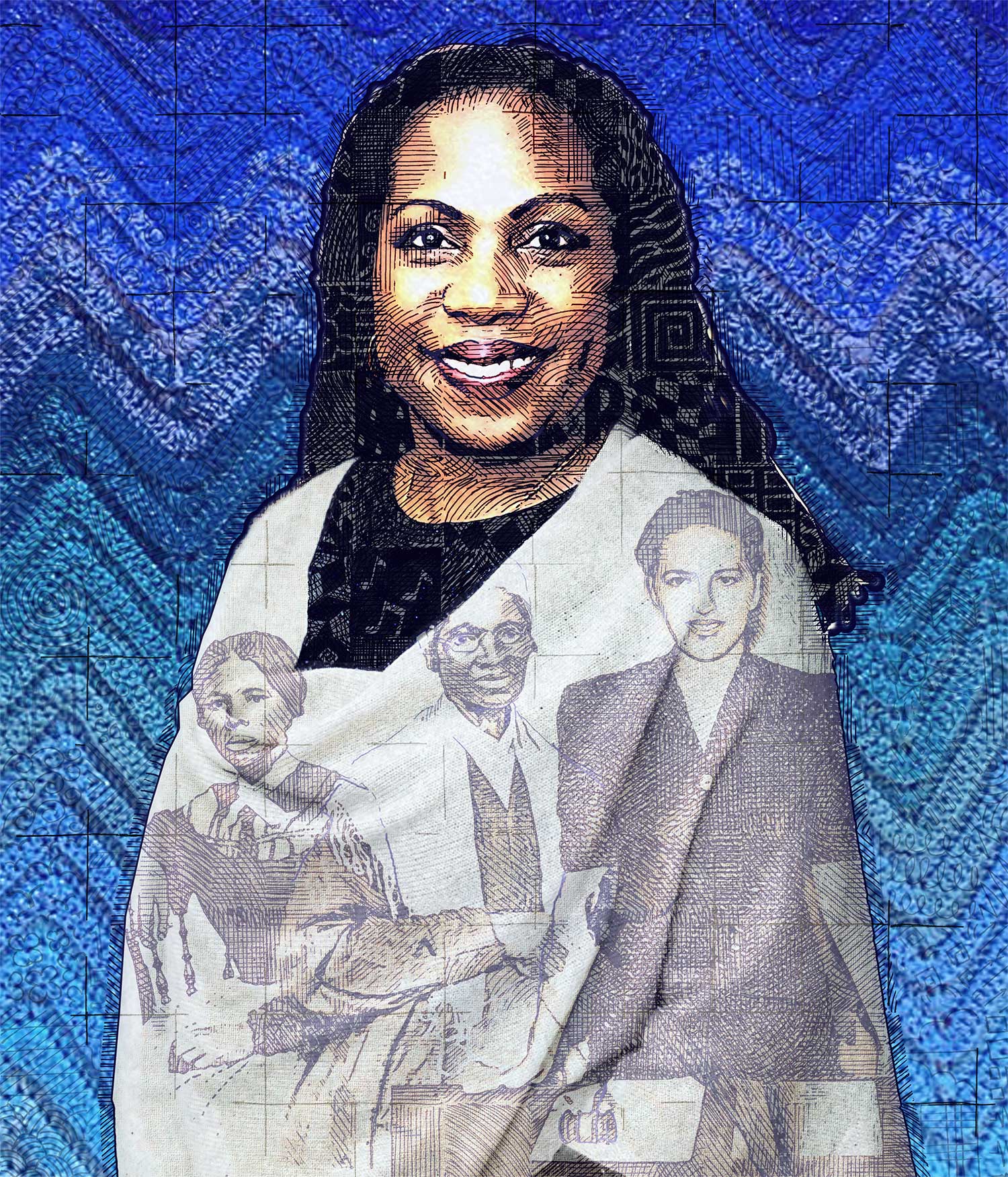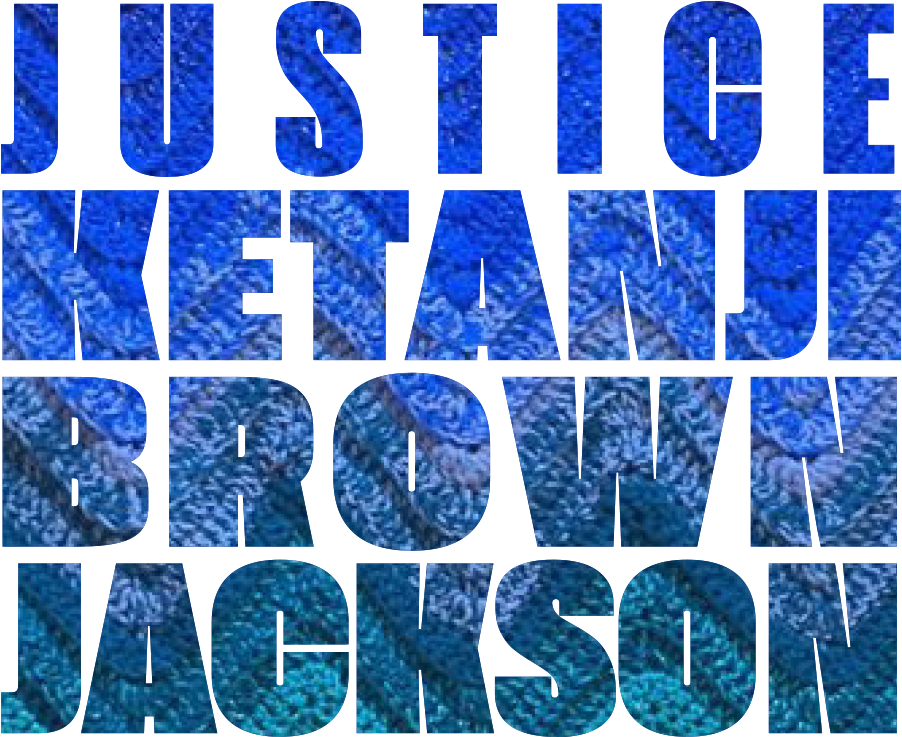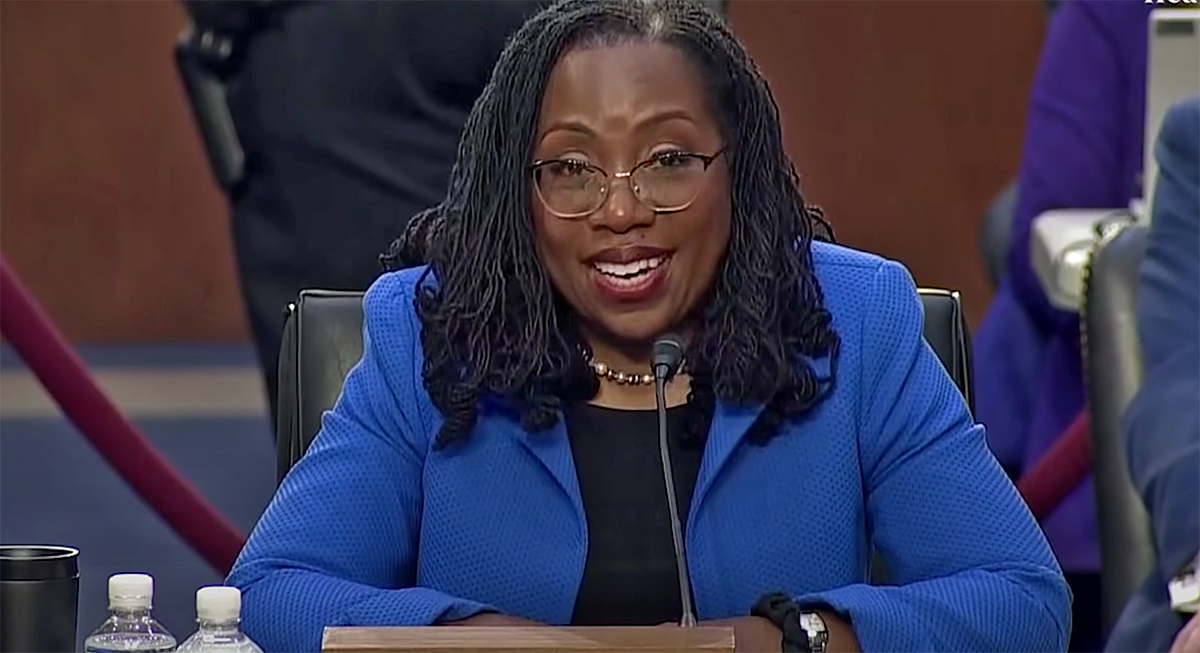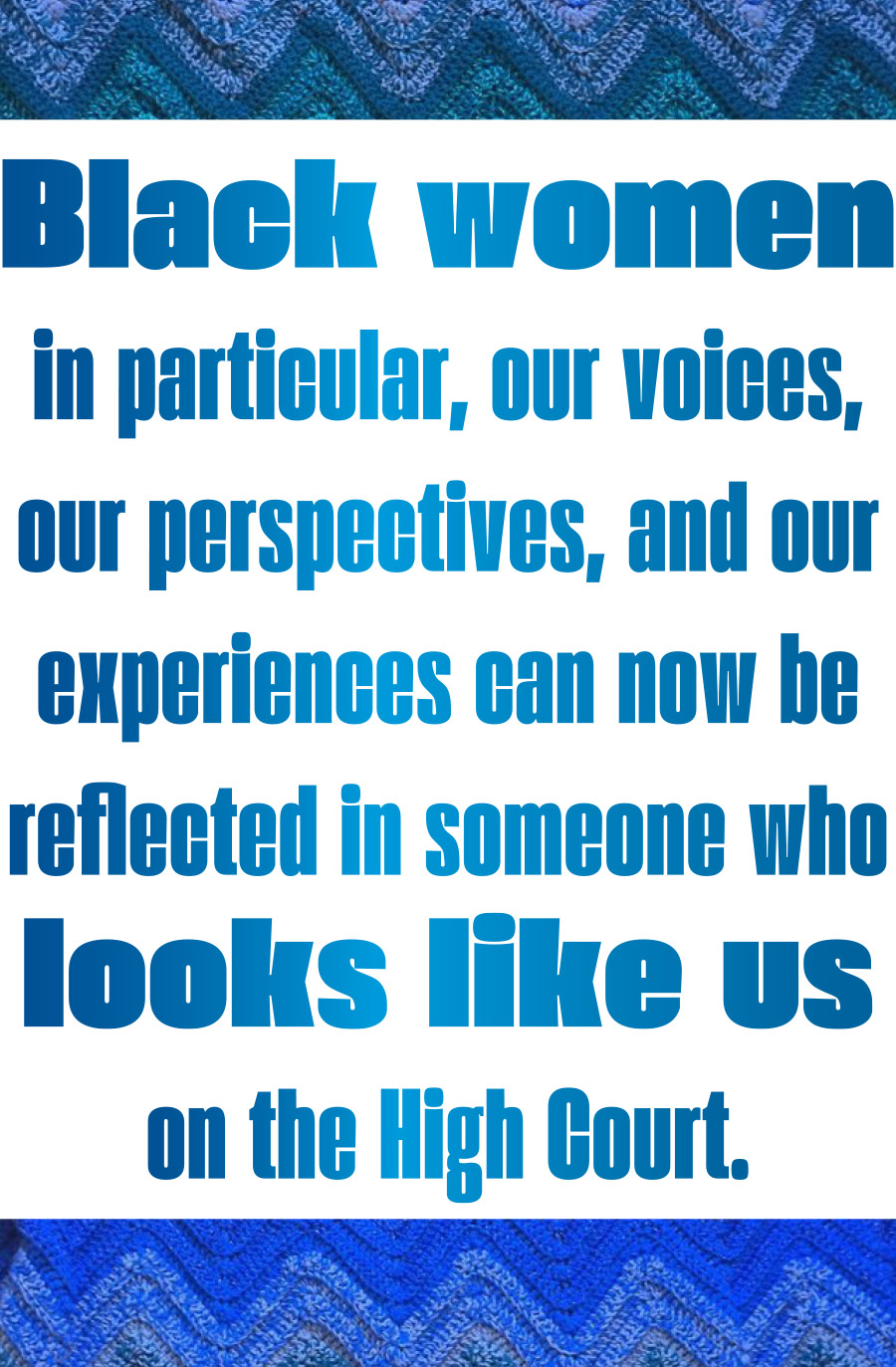


Can I share with you the significance of her confirmation to me? More importantly, what it says about our faith and our God.
“I am the dream and the hope of the slave,” Judge Jackson said in her acceptance remarks.
And truly, this is the sentiment that I most felt.
For we do know the prayers of hope and dreams in faith of the enslaved. In their unique form of expression known today as the Negro Spirituals, we hear their cries in the strong oral traditions of songs, stories, proverbs, and historical accounts, passed down from generation to generation. They reflect messages from the Old Testament of deliverance, and echoing the slaves’ beliefs and understanding better than anyone, what freedom truly means in both a spiritual and a physical sense.
I couldn’t help but think about enslaved women such as Harriet Tubman, known as the “Moses of her people,” guiding slaves to freedom on the Underground Railroad, and Sojourner Truth, the famous defender of liberty, who helped many formerly enslaved people who traveled the route to freedom find new homes in western states.
I also thought about my family ancestry—my paternal grandmother’s side—and Nanny, the leader of the Maroons , who led Africans to run, hide, and use guerrilla warfare to escape from ever becoming slaves. The territory to which they escaped continues to exist and is governed by Maroon descendants—a free people—where my grandmother and father grew up and relatives still live today. (Check out https://cyber.harvard.edu/eon/marroon/history.html, and https://jis.gov.jm/information/heroes/nanny-of-the-maroons/ to learn a little of maroon history.)
But Nanny, like Harriet Tubman and Sojourner Truth, did not stop defending liberty when they broke free; all of these Black women believed in a better life for all Blacks on the other side of oppression and went back to the plantations over and over again to free the enslaved. Together, these women liberated thousands of others from plantations to have an opportunity to live the life as God fully intended.
So yes, Judge Ketanji Brown Jackson, you are the dream and the hope of the slave, and in particular Black female slaves, who believed and fought for a better life, at a time in earth’s history when women of any color had limited rights or no rights at all.
And now descendants of these enslaved women sit in the highest places of governance and decision-making: the White House and now the U.S. Supreme Court.

This same court said African Americans should be separated and segregated in Plessy vs. Ferguson.
This same Court denied women voting rights in Minor v. Happerset. And, we should note that African American women were the last to get voting rights.
This same court denied women the right to practice law in Bradwell v. Illiniois.
This same Court even denied women property rights.
But now, this same Court will have four female Justices out of the nine Justices serving on the bench—the most in the history of the Court.
But now, this same Court will have a Black woman on the bench, and for Black women in particular, our voices, our perspectives, and our experiences can now be reflected in someone who looks like us on the High Court.
The whole notion and fundamental principle of democracy is that diverse voices and diverse perspectives can better represent a government by the people, of the people. When the voices of Black women are excluded, you miss out on the perspectives and life experiences of a particular group of Americans; people who have been here since the inception of this country.

So we celebrate with Justice Jackson because we are connected to the history of a people who we all stand on the shoulders of who have marched and fought and died for the freedoms we enjoy, and are working to improve, so the dreams can be realized of Dr. Martin Luther King and our ancestors.
Judge Jackson said toward the end of her acceptance remarks, when reflecting on the long journey to this historic confirmation, “We’ve made it. All of us.”
But I pray for the day when we truly make it to the other side of deliverance from racism, bias, discrimination, prejudices, and from the evils of sin. A place where there is no more pain, suffering, or death. Till then, in the words of the ancestors’ song, “Lift Every Voice and Sing”…Lord I pray,
“Shadowed beneath thy hand,
May we forever stand,
True to our God,
True to our native land.”